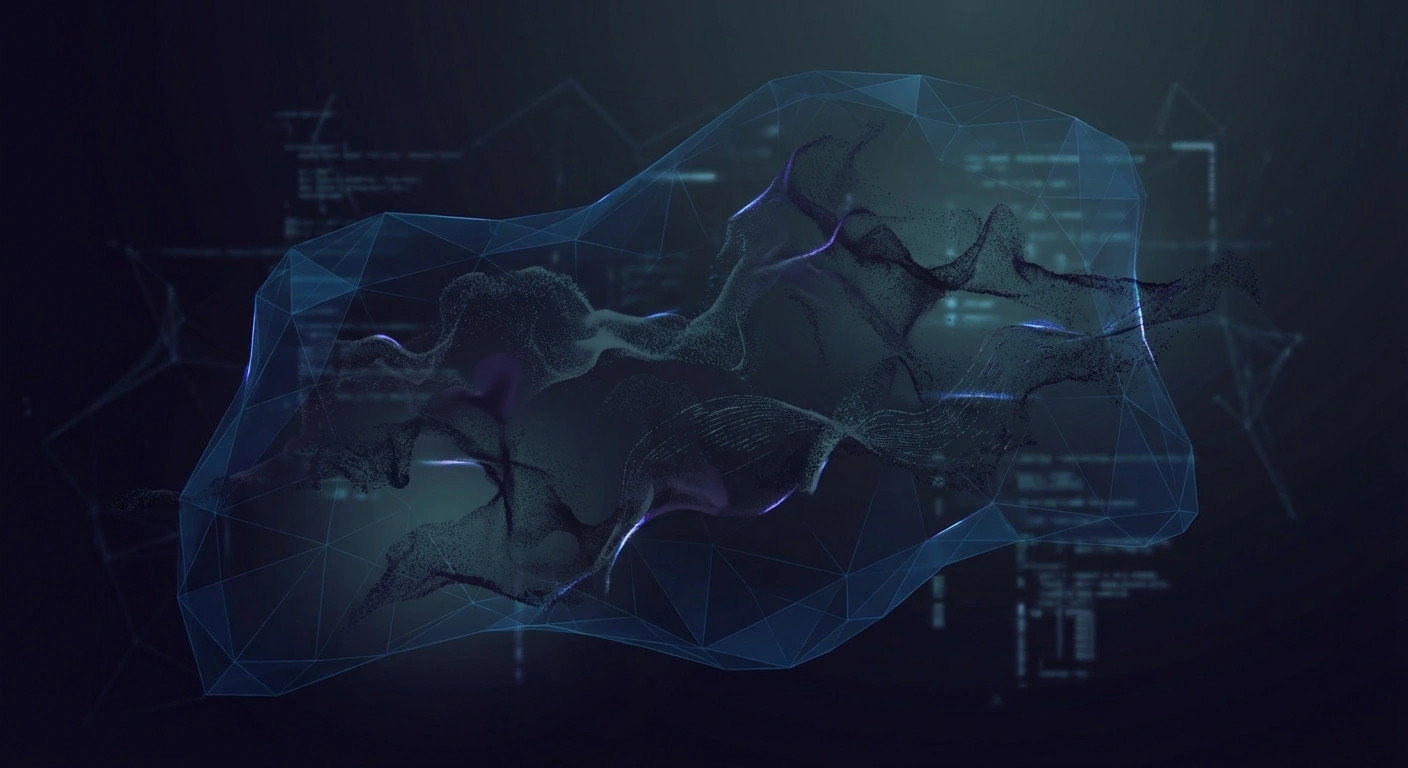Procedural Knowledge Boosts Agentic LLM Performance
New research shows that incorporating procedural knowledge into agentic LLM workflows significantly improves performance. The study demonstrates how structured procedures enhance agent reliability and task completion rates.

A new research paper demonstrates that integrating procedural knowledge into agentic large language model workflows can significantly improve their performance and reliability. The study, published on arXiv, addresses a critical challenge in AI agent development: how to make autonomous systems more consistent and effective at multi-step tasks.
The Challenge with Current Agentic Systems
Modern agentic AI systems, which use LLMs to autonomously plan and execute complex tasks, often struggle with consistency and reliability. While these agents can reason impressively about abstract problems, they frequently fail when executing practical workflows that require following specific procedures or maintaining state across multiple steps.
The issue stems from how current agentic systems operate: they typically rely on the LLM's general knowledge and reasoning capabilities without explicit procedural guidance. This approach works for simple tasks but breaks down when dealing with complex, multi-stage processes that require precise sequencing and error handling.
Procedural Knowledge as a Solution
The researchers propose incorporating procedural knowledge—explicit representations of how to perform tasks step-by-step—into agentic workflows. Unlike declarative knowledge (facts about the world), procedural knowledge captures the "how" of task execution: the specific sequence of actions, decision points, and error-handling strategies needed to complete a task successfully.
This approach bridges the gap between an LLM's general reasoning capabilities and the structured requirements of real-world tasks. By providing agents with explicit procedural frameworks, the system gains a scaffold that guides execution while still allowing for flexible reasoning when unexpected situations arise.
Implementation and Architecture
The proposed system structures procedural knowledge as executable workflows that agents can follow and adapt. These workflows include:
- State management: Explicit tracking of task progress and intermediate results
- Conditional branching: Decision points based on execution outcomes
- Error recovery: Fallback strategies when steps fail
- Validation checkpoints: Verification of intermediate results before proceeding
The architecture allows agents to consult procedural knowledge when planning actions while maintaining the flexibility to deviate when contextually appropriate. This hybrid approach combines the reliability of structured workflows with the adaptability of LLM reasoning.
Performance Improvements
The research demonstrates substantial improvements in agent performance across multiple dimensions. Tasks that previously failed due to incorrect sequencing or missing steps show significantly higher completion rates when agents have access to procedural knowledge. The structured approach also reduces the variability in agent behavior, making outcomes more predictable and reliable.
Particularly notable is the improvement in complex, multi-stage tasks where intermediate failures could cascade into complete task failure. The procedural framework's error-handling mechanisms enable agents to recover gracefully from setbacks rather than abandoning tasks entirely.
Implications for AI Agent Development
This research has important implications for the development of production AI agent systems. Current approaches often require extensive prompt engineering and few-shot examples to achieve reliable behavior. Incorporating procedural knowledge offers a more systematic approach to agent design.
For industries deploying agentic AI systems—from customer service automation to content generation workflows—this methodology could significantly improve reliability. In contexts like synthetic media production, where multi-step processes (script generation, asset creation, video assembly, quality checks) must execute correctly, procedural knowledge could reduce errors and improve output consistency.
Future Directions
The research opens several avenues for future work. One key question is how to automatically generate or learn procedural knowledge from examples rather than requiring manual specification. Another challenge involves determining when agents should follow procedures strictly versus when they should deviate based on contextual reasoning.
As agentic AI systems become more prevalent in production environments, the balance between structured procedures and flexible reasoning will likely become increasingly important. This research provides a foundation for building more reliable, maintainable, and effective autonomous AI systems.
Stay informed on AI video and digital authenticity. Follow Skrew AI News.



